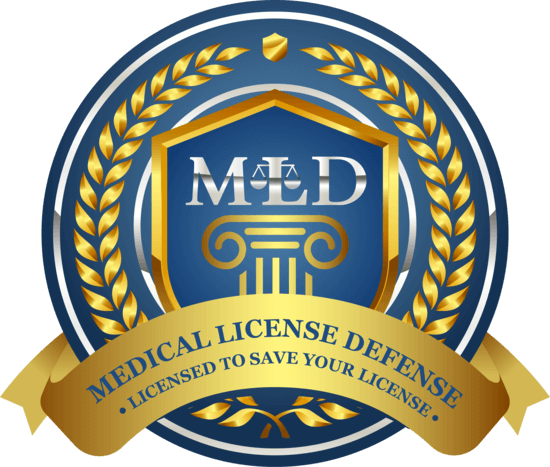Registered nurses in California are governed by the Nursing Practice Act (NPA), which outlines the standards of professional conduct and the scope of practice for nurses. Allegations of NPA violations can be serious and may result in disciplinary action, including the potential loss of your nursing license. If you are a California registered nurse facing allegations of NPA violations, it is essential to understand the potential consequences and seek the assistance of a skilled nursing license defense lawyer who can protect your rights and help you navigate the disciplinary process.
Allegations of Nursing Practice Act Violations: Allegations of NPA violations can encompass a wide range of misconduct and may include:
Scope of Practice Violations:
- Performing procedures or tasks outside the scope of practice defined by the NPA for registered nurses.
Documentation Errors:
- Failing to maintain accurate and complete patient records or engaging in fraudulent documentation practices.
Medication Errors:
- Administering medications incorrectly, failing to adhere to medication protocols, or engaging in unsafe medication practices.
Patient Safety Concerns:
- Breaching patient safety protocols, neglecting patient needs, or failing to report incidents of patient harm.
Professional Misconduct:
- Engaging in unprofessional conduct, such as harassment, inappropriate behavior, or violating patient confidentiality.
Consequences and Potential Penalties: When facing allegations of NPA violations, it is crucial to understand the potential consequences and penalties that may be imposed by the California Board of Registered Nursing (BRN). Depending on the severity of the allegations and any prior disciplinary history, potential consequences may include:
Warning or Reprimand:
- The BRN may issue a warning or reprimand for less severe NPA violations as a means of corrective action.
License Suspension or Revocation:
- The BRN may suspend or revoke your nursing license if the allegations of NPA violations are substantiated. This can significantly impact your ability to practice as a registered nurse.
Probation and Continuing Education:
- In some cases, the BRN may impose probation with specific terms and conditions. These may include mandatory continuing education courses, additional training, or supervision to ensure compliance with the NPA and professional improvement.
Defending Against Allegations of Nursing Practice Act Violations: If you are facing allegations of NPA violations, it is essential to seek immediate legal representation from a nursing license defense lawyer. They can employ various defense strategies tailored to your specific case, including:
Case Evaluation and Strategy Development:
- Your lawyer will carefully evaluate the allegations, evidence, and any witness statements to develop a strategic defense plan that challenges the accusations and protects your rights.
Expert Testimony:
- Your defense lawyer may engage qualified experts in the field who can provide their professional opinion regarding the alleged NPA violations. Expert testimony can help refute the allegations and demonstrate that your actions were consistent with the standards of nursing practice.
Documentation and Evidence:
- Your lawyer will gather and present relevant documentation, such as patient records, policies and procedures, and any other evidence that supports your case. This can help counter the allegations and demonstrate your adherence to the NPA.
Witness Testimony:
- Your lawyer may interview witnesses who can provide testimony to support your defense. This can include colleagues, supervisors, or other healthcare professionals who can vouch for your competence and dedication to patient care.
Mitigating Factors:
- Your lawyer will identify and present any mitigating factors that may help mitigate the severity of the allegations. This can include evidence of a previously unblemished professional record, testimonials from patients or colleagues, or evidence of steps taken to address any deficiencies.
Allegations of Nursing Practice Act violations can have serious consequences for registered nurses in California. However, with the assistance of a skilled nursing license defense lawyer, you can navigate the disciplinary process, present a strong defense, and work towards protecting your nursing license and preserving your career as a compassionate and dedicated healthcare professional.
Contact Medical License Defense for Experienced Nursing License Defense: At Medical License Defense, we understand the challenges nurses face when their licenses are at risk. Our experienced nursing license defense lawyers are committed to protecting your rights, advocating for your best interests, and helping you navigate the complexities of the BRN disciplinary process. Contact us today for a confidential consultation and let us provide you with the skilled and compassionate legal representation you need.















